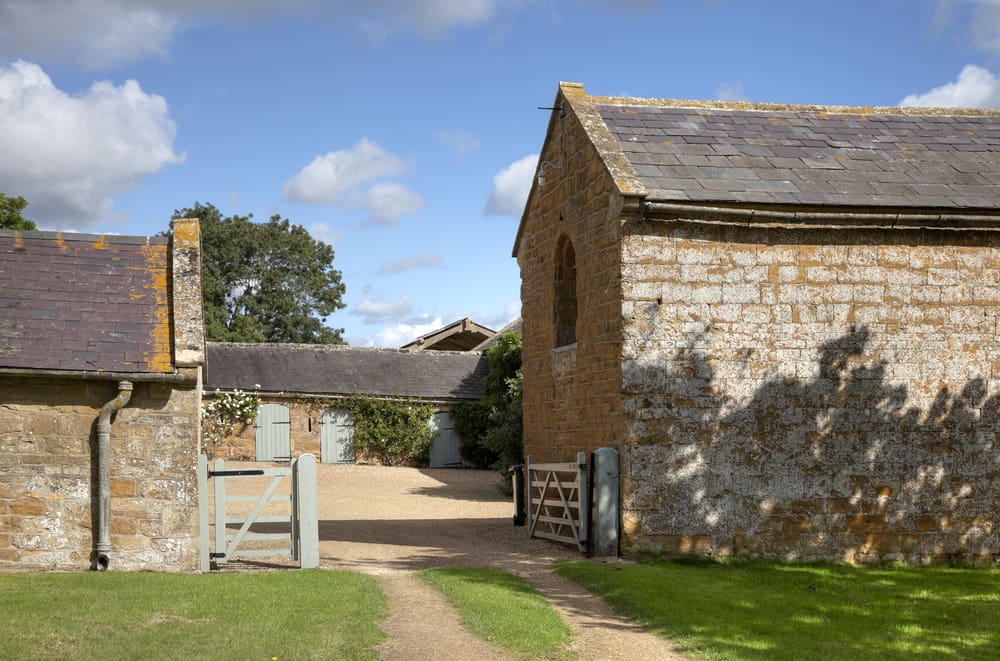
Why should farmers care about the Renters Rights Act 2025?
Farm workers who live in a property which is owned by their employer (or owned by a landlord who has

We don’t just look after you, we look out for you. That means we bring you insights, advice and keep you up to date on all kinds of legal matters so you can keep ahead.
We match a member of the team with the right expertise to every client, who will invest time getting to know you, who will look after your interests and ensure you have access to the whole firm when you need it.
The legal and financial matters might be complex, but we aim to keep things straightforward and explain everything in terms that are relevant to you.
If an elderly relative needs help managing their finances or other aspects of their life such as health and care, the Court of Protection can empower you to act as their deputy. The Court will decide whether the person has the mental capacity to make decisions about their own welfare, and to what extent the deputy can help with this.
To become a deputy, you need to make an application to the Court of Protection, which will make a decision based upon your application. This can be a long and complicated process and must be presented in a clear and detailed way, which is why it’s advisable to seek expert legal help.
The Court of Protection makes its decision based solely on the application. Our specialist solicitors have wide experience in submitting the applications, and have also been appointed deputies themselves. They are experienced in acting for vulnerable people and managing the finances of people in care, so you can be assured of a sympathetic and professional approach.
If you’d like to meet one of our experts for a confidential, no obligation chat, please get in touch.
We have offices across Cambridgeshire, Essex and Hertfordshire, but we can help you wherever you are in England and Wales.

The team at Tees Law has provided excellent service and extremely helpful advice.
Legal 500 UK, 2026

Our Court of Protection lawyers give expert advice on your application including:

Farm workers who live in a property which is owned by their employer (or owned by a landlord who has

The Cambridge-Oxford Corridor offers a significant growth opportunity, with a range of positive and negative impacts on landowners. Understanding what

With agricultural subsidies being phased out and input costs on the rise, many landowners are rethinking how their land can

A farm is usually a family business, but it’s more than simply an income. It’s an all-consuming occupation and a
–
–
–
–
Please complete this form and one of our team will be in touch with you shortly.